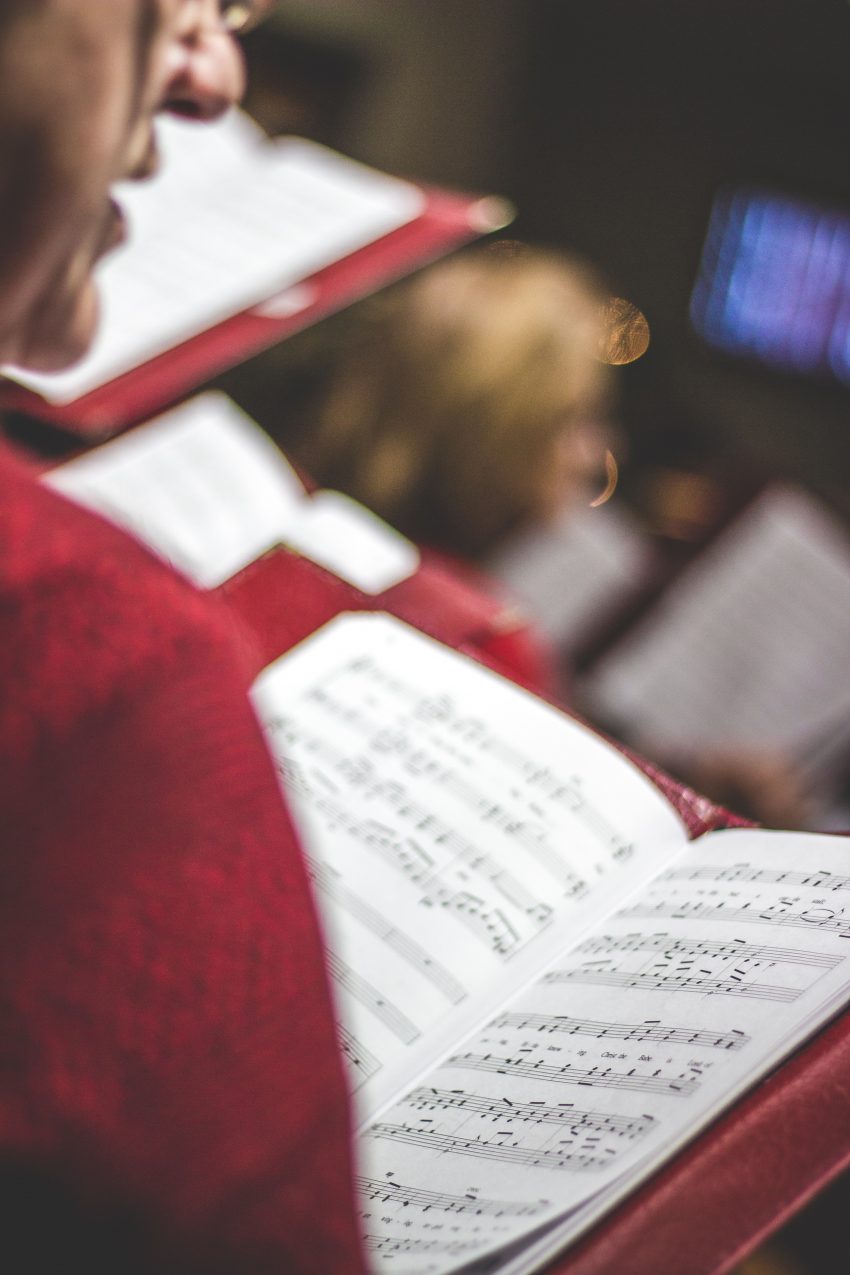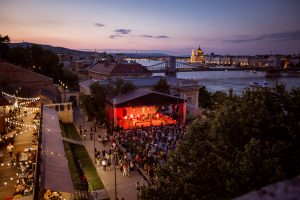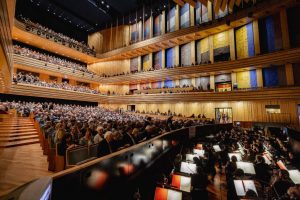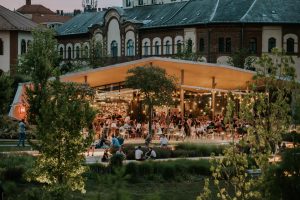Zoltán Kodály, one of the most prominent composers in Hungary and also in the world, was born on 16 December 1882. The date of his birth has marked The Day of Hungarian Choirs since 1991, a countrywide event series that invites local choirs to dedicate their concerts held between 13-16 December to Zoltán Kodály.
The Association of Hungarian Choirs, Orchestras and Folk Bands (KÓTA in short) asks the participating bands to perform at least one Kodály composition that can be a choral or instrumental work, or a folk song adaptation accompanied by piano. The association also encourages choirs to spread the motto of the event – Music Should Belong to Everyone – by singing a (potentially Christmas-themed) folk song along with the audience. Make sure you attend a choral concert in Budapest sometime in December and pay tribute to the late Hungarian composer. Before we give you a few tips on where to enjoy classical music concerts in the capital, let’s see what positive effects singing in a choir have on our health!
Choral singing is known to regulate heart rate: the song that the choir is singing affects the speed at which the heart beats and makes it smoother. Moreover, singing in a choir is proven to increase the oxytocin level in the blood, which can help us face anxiety and stress. There are also research findings showing that choir members live longer than an average person, but it’s more important that they feel they belong to a community, which in today’s alienated society is priceless.

Funzine Favourites
Müpa Budapest kicks off the first winter month with a special Advent Concert performed by the Cantemus Choir and the Franz Liszt Chamber Orchestra on 1 December. Cantemus Choir is one of the most significant practisers of Kodály’s legacy, a community for all ages with one single purpose: music. For the choir, music is also a tool to uplift the soul. The two choirmasters, Dénes Szabó and his son, Soma led the choir family to realize several triumphs within and across the borders of Hungary in the last few decades. The choir will be joined by the soloists of the Franz Liszt Chamber Orchestra, who will together play Advent and Christmas choral works, as well as famous compositions of Vivaldi, Bach and Händel.
On 18 December the Hungarian National Choir invites us on a journey around the world: the soloists of the Hungarian National Philharmonic Orchestra will join the choir for a Christmas-spirited classical music concert at the Hungarian National Museum. Beside the most beautiful European Christmas songs such as chorales about Virgin Mary and colindas (Romanian Christmas carols), the audience will learn about the holiday preparation habits and festive mysteries of faraway cultures. The repertoire ranges from simple adapted choral works accompanied by piano and more complex polyphonic pieces to the Advent Song by Kodály. Tickets go for 2,500 HUF.
The Hungarian National Philharmonic Orchestra will realize Tchaikovsky’s world-famous The Nutcracker in cooperation with Pécs Balet, Ferenc Cakó who will fascinate the audience with his dreamy sand art, and the Children Choir of Kodály Zoltán Hungarian Choir School. The music composed by Tchaikovsky has a special place in our hearts: it somehow takes us back to the festive traditions and family habits such as the sweet moments of preparation before Christmas or a certain story that reminds us of the holidays. The Nutcracker tells the widely known story of hope and goodness, through which the audience is taught how important unconditional love is. Müpa gives home to the adaptation of the Hungarian National Philharmonic Orchestra on 23 December, with two performances, one starting at 3 PM and another at 6 PM.




